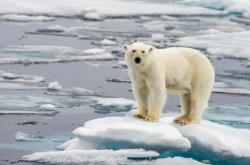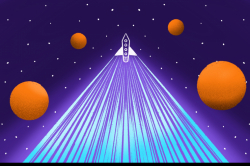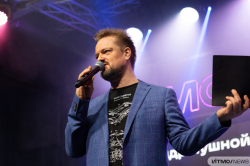The Climate Change as Seen by a Scientist and a Journalist online course will take place on October 6 – November 12. Aleksey Ekaikin (St. Petersburg State University), climatologist, polar explorer, and researcher at the Arctic and Antarctic Research Institute, and Olga Dobrovidova, science communicator, associate professor at ITMO University, vice president of the European Federation for Science Journalism, the first Russian fellow of the Knight Science Journalism Fellowship at MIT, will hold the course for everyone who would like to participate.
The course will be interesting not only for journalists, but for everyone who follows science news and keep up with headlines about climate change. You will find out how these news stories are being created, what you should pay attention to when reading them, and how to determine what’s true and what’s not.
The course combines two approaches: science and journalism. At the scientific lectures, you will find out the history of climate research, the physics behind it, and predictions for the future. At the journalism lessons, you will learn about different genres of texts and see how their topics influence their form, as well as what the genre has to do with the impression readers get from the text.
“We will talk about the human impact on climate change, its consequences, and ways to moderate and adapt them. You will find out why articles on climate change look the way they do, who decided to say “climate change” instead of “global warming”, and then “climate crisis” instead of “climate change”, and why it all matters,” states the course description.
The course includes two Zoom meetings every week and additional calls once every two weeks for team work.
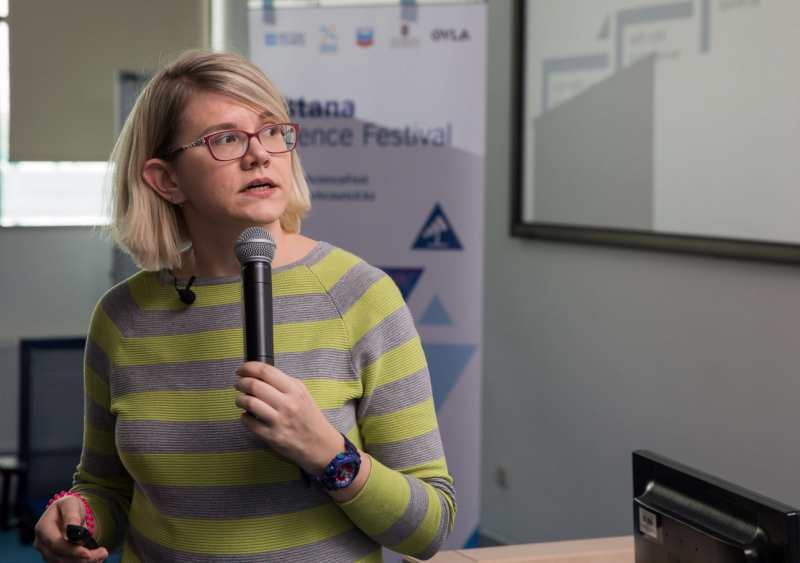
“As a final task, each team will have to choose the seventh article that in their opinion should be added to the course. At the final presentation, they will have to make their point to the jury composed out of expert climate journalists. We hope that this way, our students will end up not only with certificates, but also with a set of tools for reading or writing texts about our climate. It includes an understanding of both the field and of the ways to discuss it with other people”, says Olga Dobrovidova, associate professor at ITMO University and co-author of the course.
The authors of this course say that climate remains a relevant topic and their program is supposed to educate participants on ecology and its discourse.
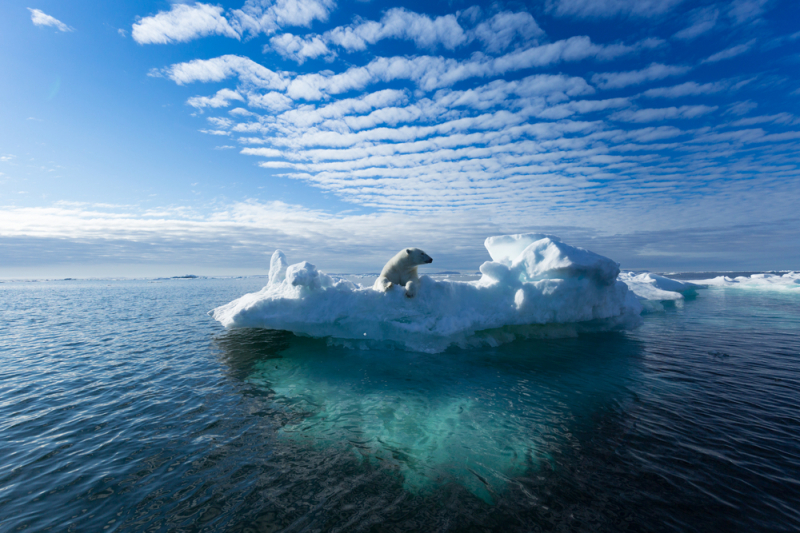
“We both believe that the media form the way society treats climate change perhaps even more than the scientific community does. That’s why we – together, but each with their own approach – analyzed media products to see what ideas they bring to the table,” adds Olga Dobrovidova.
Climate is a universal topic that applies to us all, so it’s important to have a certain level of expertise in this field.
The course attendees will be able to earn points by defending their final project. Active participants will receive certificates. You can apply here (the course is conducted in Russian).
We have already discussed climate change in one of our recent articles: follow this link and find out what the weather in St. Petersburg will be like 100 years from now.



